UAE exiting US-led maritime coalition signals shifting geopolitical dynamics
By Reza Javadi
The withdrawal of the United Arab Emirates from a US-led maritime coalition last week and the announcement of a new regional coalition between UAE, Iran, Oman, and Saudi Arabia this week points to shifting geopolitical dynamics with the new multi-polar world order taking shape.
The so-called Combined Maritime Forces (CMF) was formed in 2019 under the leadership of the US after a series of incidents in regional waters, far away from the US territorial waters.
The group comprises 34 countries, headquartered in the US naval base in Bahrain, and claims to be active in “security, counter-terrorism and counter-piracy” in the Red Sea and the Persian Gulf.
The region is home to some of the most important shipping routes in the world, and since 2019, has seen oil tankers being regularly attacked or seized.
“As a result of our ongoing evaluation of effective security cooperation with all partners, two months ago, the UAE withdrew its participation in the Combined Maritime Forces,” the Emirati ministry of foreign affairs said in a statement last Wednesday, as cited by the state media.
The reason behind UAE’s sudden withdrawal and getting closer to regional countries is being seen by observers as a result of changing power dynamics and a decrease in US influence.
A day before the formal announcement of the withdrawal, Wall Street Journal reported that the UAE government had urged the US to take more serious measures against Iran's “actions” in the Persian Gulf.
The report claimed that the Emirati decision to withdraw from the coalition came in frustration at the US failure to respond to what the newspaper claimed to be “Iranian threats”.
The UAE slammed the WSJ with the foreign ministry saying in a statement that the newspaper’s report was inaccurate, and was a “mischaracterization” of the country’s talks with Washington.
The rebuttal was timely as Abu Dhabi was busy building a new security alliance with Iran.
New regional coalition
Leaving the US-led maritime task force, the UAE is now preparing to form a new naval and security coalition with Iran and three other periphery states of the Persian Gulf.
In a televised interview on Sunday, Admiral Shahram Irani, chief commander of the Iranian Navy, announced the formation of the new alliance in the region, involving UAE, Iran, S. Arabia, and Oman.
“We used to have a joint action with Oman, and now Saudi Arabia is set to join it as well. UAE, Qatar, Bahrain, Iraq, Pakistan, and India are among the other members of the upcoming joint action,” he said.
"Almost all the countries of the northern Indian Ocean have come to believe that they should stand by the Islamic Republic of Iran and jointly establish security with significant synergy,” Admiral Irani said.
The Iranian commander said the region will soon “be freed from any unjustified force and the regional states will be dominant in their security sphere using their own soldiers.”
The restoration of full ties between Iran and UAE comes on the heels of the reappointment of their ambassadors in recent months, after more than six years, which has caused alarm in Tel Aviv.
Israeli newspaper Yedioth Ahronoth depicted Abu Dhabi’s departure and its engagement with the Iranian coalition as a "new blow" to the anti-Iranian efforts of Washington and the Zionist regime.
The newspaper wrote that the first blow was the restoration of relations between Tehran and Riyadh, while this action of Abu Dhabi marks another blow to the efforts of America and Israel to form an international coalition against the Islamic Republic.
Some media reports, however, had already predicted the UAE’s withdrawal from the US orbit.
The American business magazine ‘Forbes’ in a report in April said after Saudi Arabia, another Arab country, namely the UAE, is likely to be removed from the orbit of America's allies.
Strains in US-UAE ties
Despite Washington calling the UAE a “country of focus”, the two sides have had strains in their relationship in recent years, which have only grown bigger and wider.
Kristian Ulrichsen, fellow for the Middle East at Rice University’s Baker Institute for Public Policy, said in a recent interview that the UAE’s move was a sign of its disappointment with Washington.
“The UAE withdrawal would appear to be consistent with the frustration expressed in Abu Dhabi at the perceived lack of willingness of the US to actively protect its partners and re-establish credible deterrence in the Gulf, however unfair that might be in reality,” he said.
Regarding UAE’s decision to prefer Iran over the US, Andreas Krieg, an associate professor at King’s College London, said Abu Dhabi’s move was a demonstration to the US that “they are a confident and sovereign nation that can pick and choose, opt in and opt out as they please.”
“The UAE is also pushing back against US demands to sever relations with Russia and China … [because] they need to diversify their partnerships from the US, including with Russia and China, to serve its security interests,” he was quoted as saying.
According to experts, the significance of the move is that the wave of normalization sweeping West Asia and growing relations between Iran and Arab states points to a new multipolar world order.
Oman, as one of the main Arab members of the coalition, strengthens the idea of joint regional action, according to regional observers.
The announcement about the Iranian naval coalition came after Sultan Haitham bin Tariq’s first official visit to Tehran and meeting with the Leader of the Islamic Revolution, Ayatollah Seyyed Ali Khamenei.
Evolution of ‘new West Asia’
The rapprochement between Iran and Saudi Arabia as well as the mending of fences between other regional countries in recent months and years means West Asia is crafting a new future for itself.
In recent months, many countries have also come forward to restore ties with Syria after years of bitter hostility against the Bashar al-Assad government. Damascus is also back in the Arab League fold.
All these developments, experts opine, have dealt a heavy blow to US regional policy.
The UAE’s continued engagement with regional powers such as Iran, defying American pressure, highlights a foreign policy recalibration and realization of a new vibrant region, they say.
“The back-to-back rapprochement deals across the region indicate a pattern of de-escalation, which opposes the US presence in West Asia, specifically in the Persian Gulf,” said one analyst.
UK's Rwanda deportation plan morally disgraceful
VIDEO | Raeisi inaugurates Iranian-built mega multipurpose project in Sri Lanka
VIDEO | Italian parliament hosts book launch on Palestine's untamed resistance
Leader: Iran’s arms sector example of turning sanctions, hostilities into opportunity
April 23: ‘Axis of Resistance’ operations against Israeli occupation
Pro-Gaza protesters in NY's Columbia University stay put despite intimidation, crackdown
European Parliament members criticize EU as 'accomplice’ in Israeli war on Gaza
VIDEO | Modi's anti-Muslim hate speech sparks outrage in India amid elections


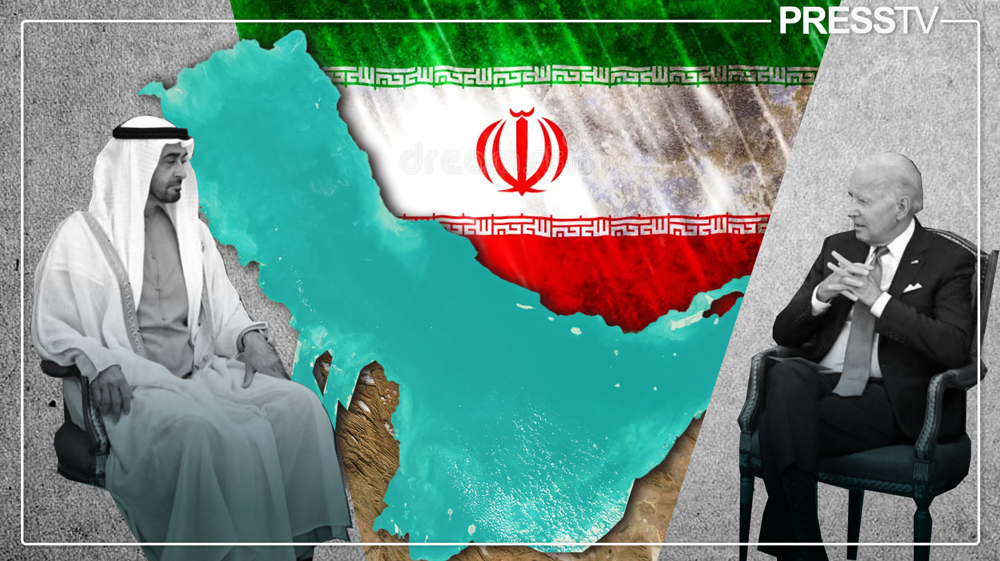

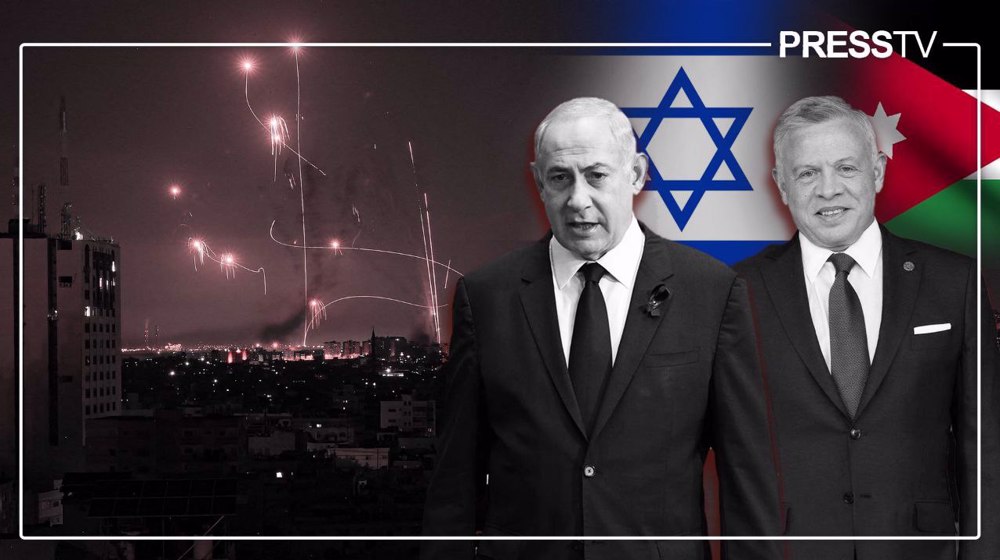
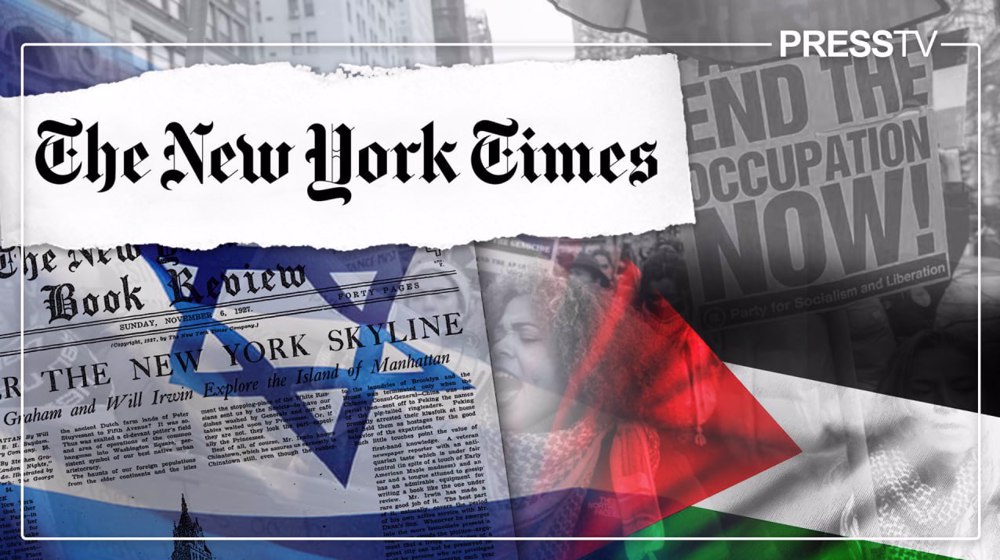



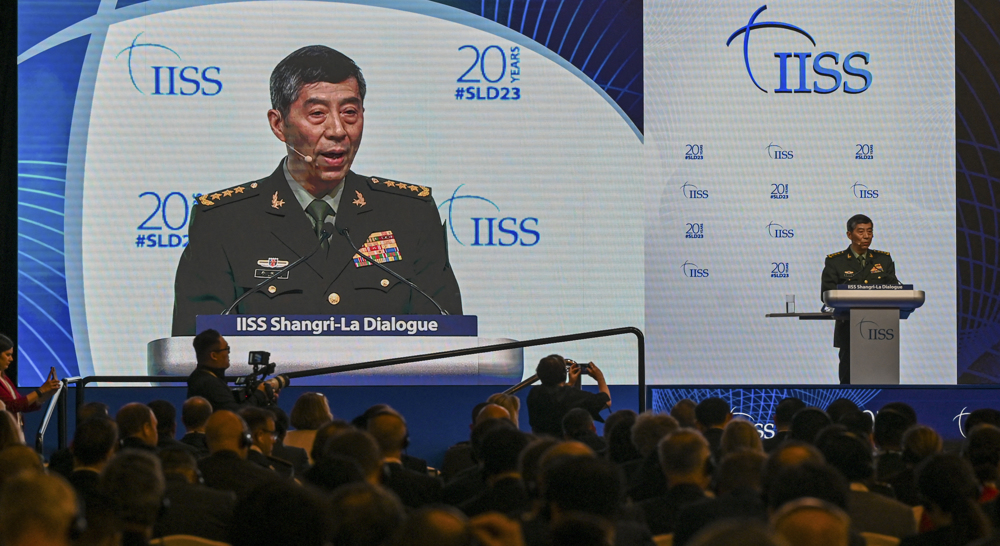
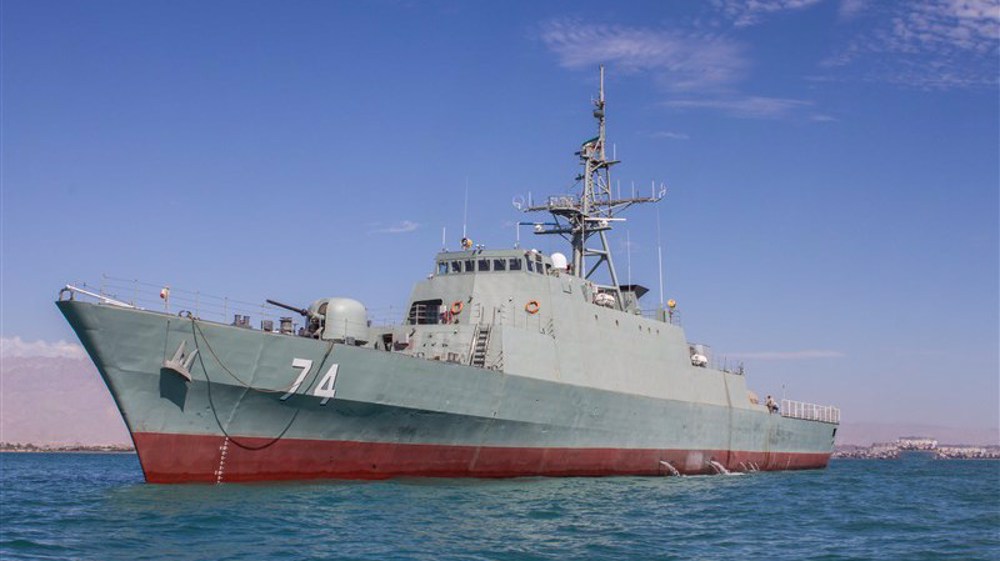
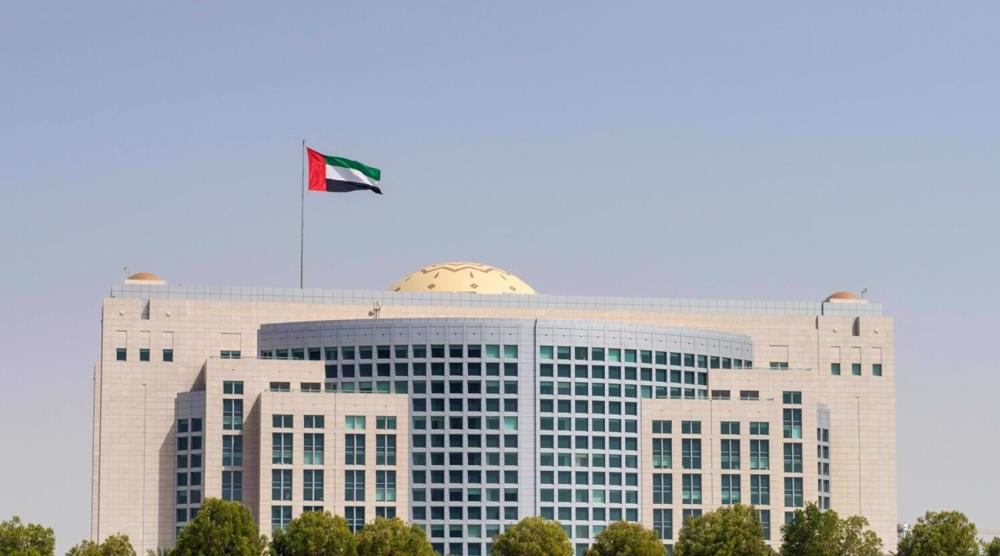
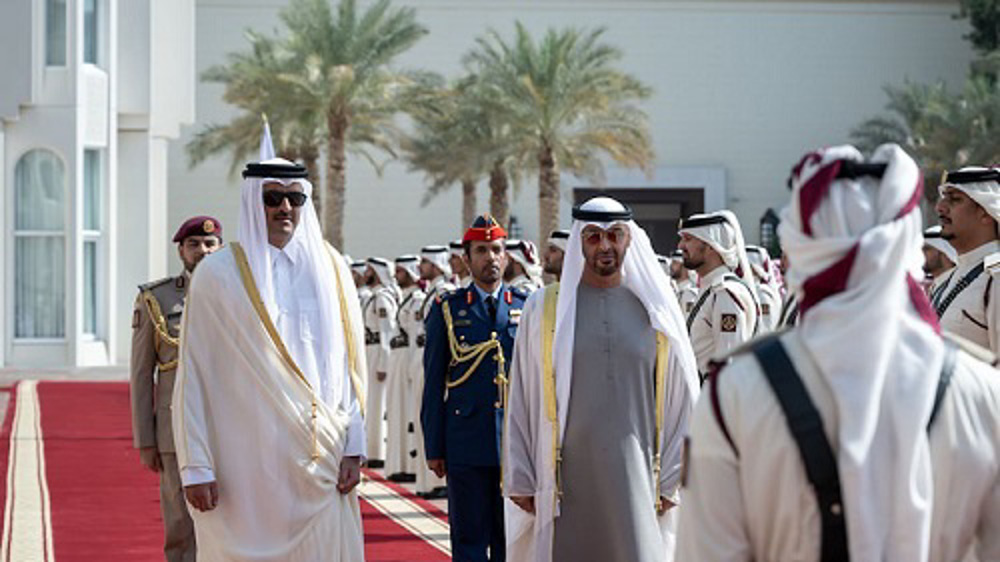
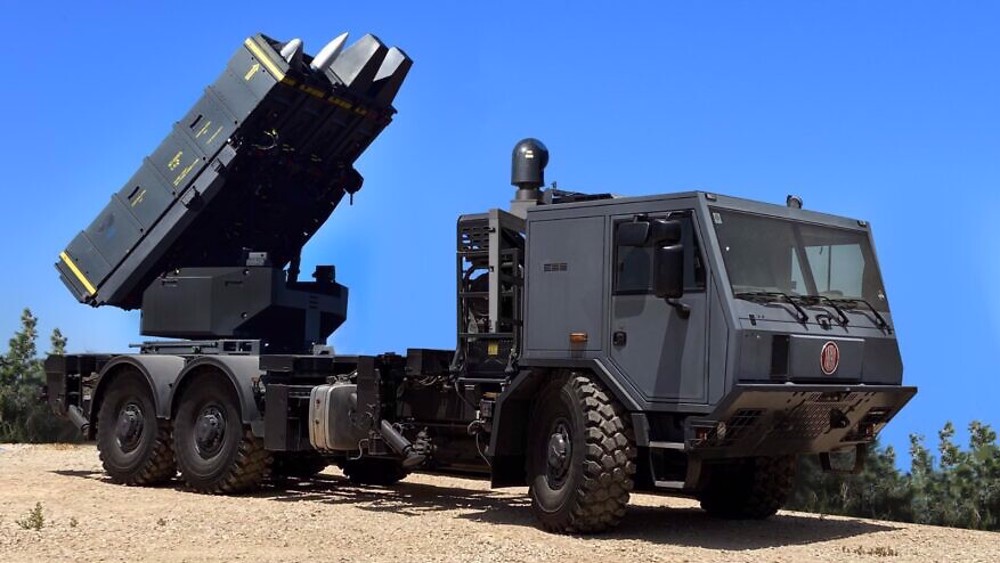

 This makes it easy to access the Press TV website
This makes it easy to access the Press TV website